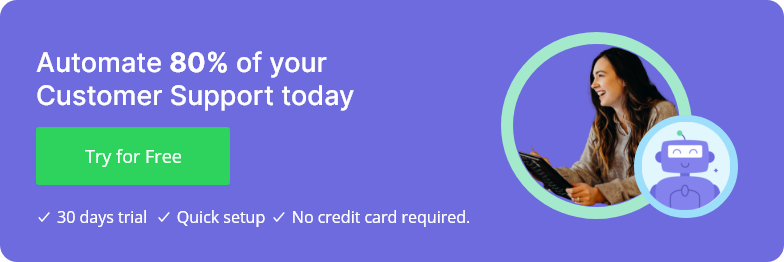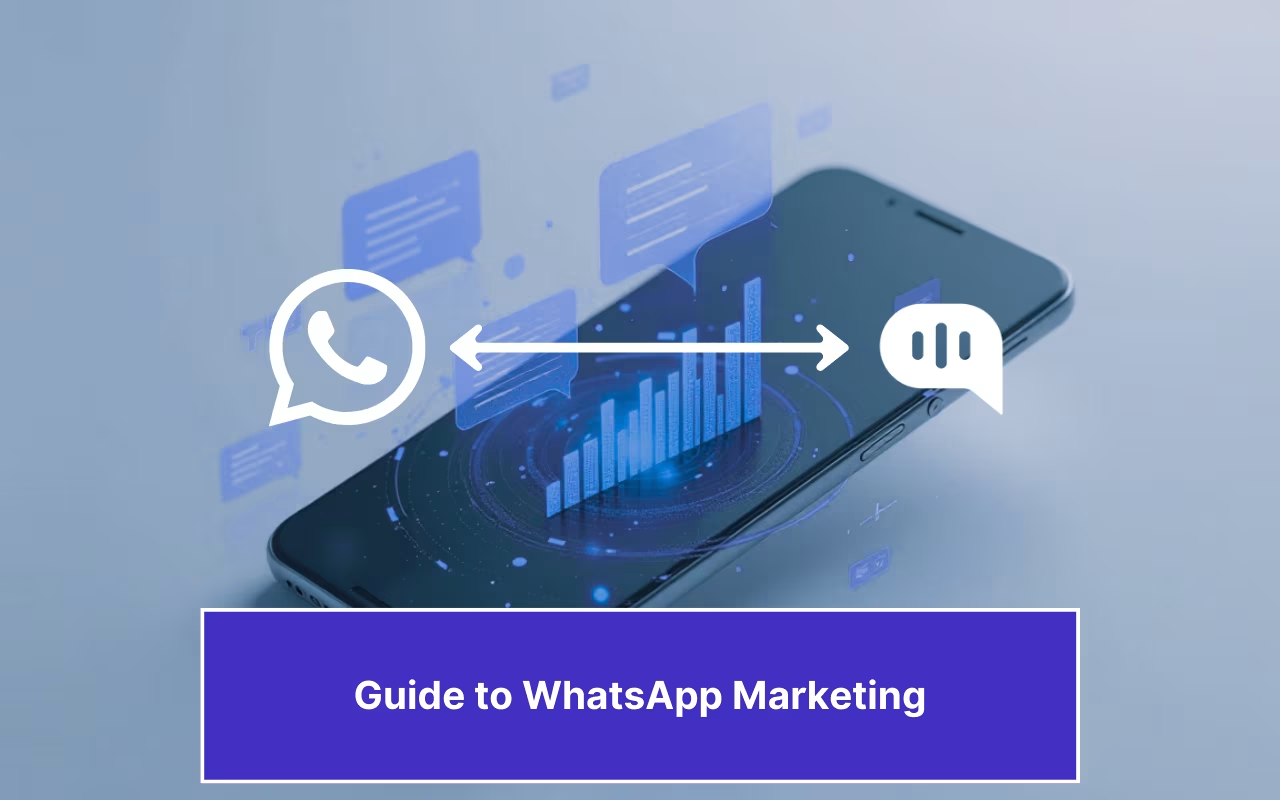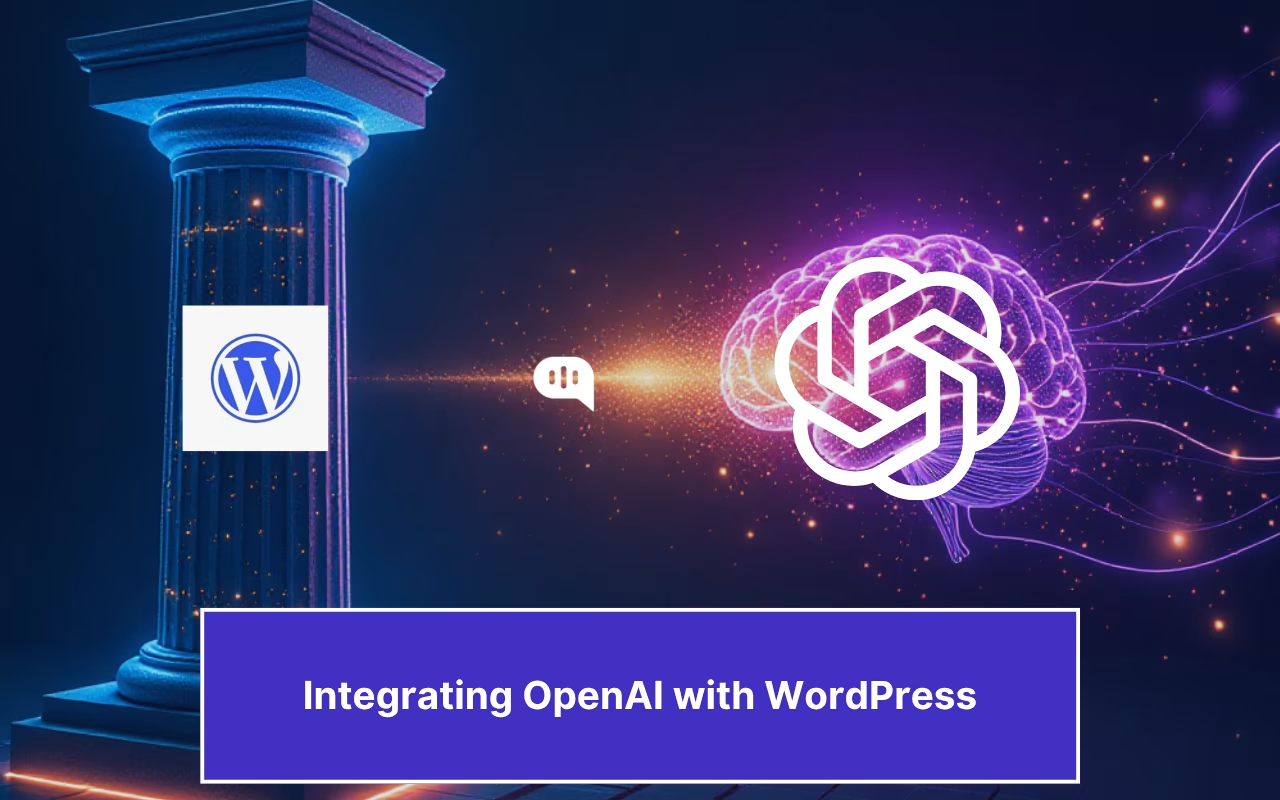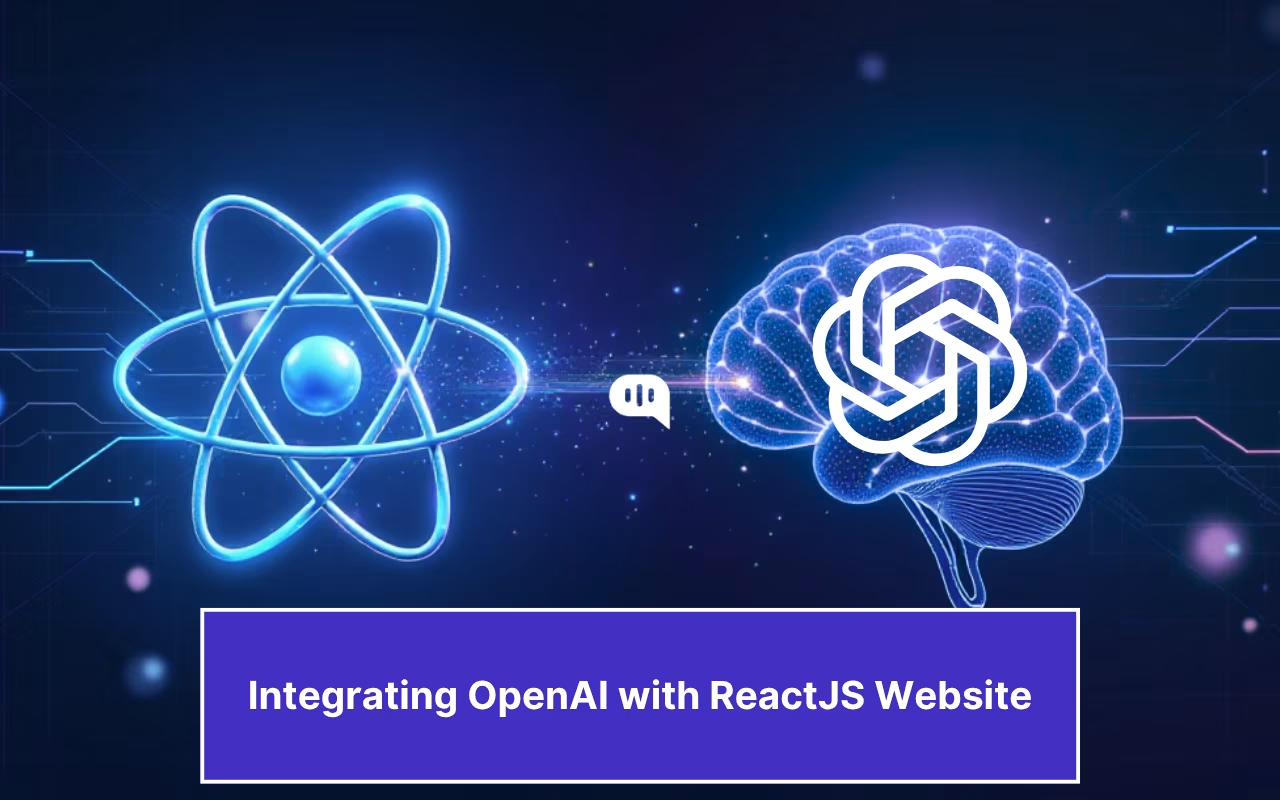Updated on March 17, 2025
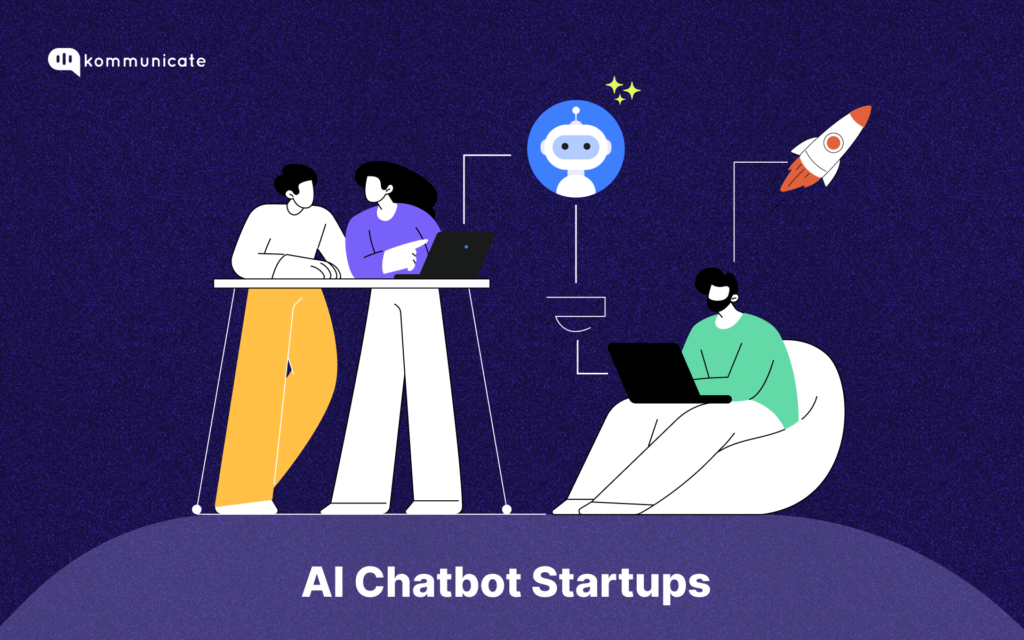
It wouldn’t be wrong to state that AI-powered chatbots have come a long way in a very short time. To put it in perspective, ChatGPT, which debuted in November 2022, now receives 2 billion monthly website visits. If that’s not enough, it gained 5 million users in just five days from its launch. AI chatbot startups have been around since the 1960s but never gained the attention they deserved until recently.
In this article, we will find out what changed to bring so much limelight to the chatbot industry, along with our list of the best AI chatbot startups that are shaping the industry today.
A Brief History of Chatbots
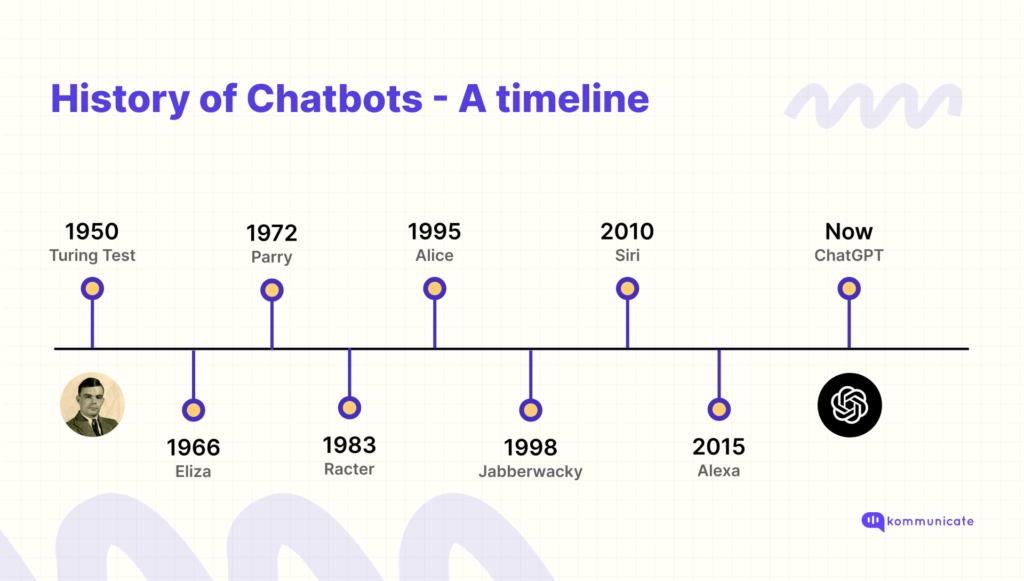
The first chatbot, ELIZA, was invented in 1964 by Joseph Weizenbaum, a computer scientist at the Massachusetts Institute of Technology (MIT). At the time of its invention, ELIZA was not termed as a chatbot but a natural language processing computer program. ELIZA simulated conversation by engaging users in text-based interactions, primarily acting as a psychotherapist.
Since the inception of ELIZA, scientists have been building natural language processing computer programs, also referred by the media as – chatterbots, that are smarter and more fun to talk to. The term chatterbots was later replaced with chatbots — the next major breakthrough in chatterbots after ELIZA was PARRY.
PARRY was developed in 1972 by psychiatrist Kenneth Colby at Stanford University. It was designed to simulate the behavior of a paranoid schizophrenic, attempting to model the consistent misinterpretation of others’ motives and the deflection of inquiries into specific areas. PARRY’s programming included assumptions, attributions, and “emotional responses” triggered by shifting weights assigned to verbal inputs.
ELIZA and PARRY later became the foundational stones of what we know today as conversational AI. Read here for more on conversational AI.
During their early stage of development, chatbots were so expensive that they were never released to the public for free use. Also, the responses produced by these chatbots were limited to their use cases. However, this problem was about to change.
Artificial Intelligence & Machine Learning in AI Chatbots
With developments in AI-powered chatbots and machine learning (ML), chatbots have become more powerful and smarter. AI and ML have enabled chatbots to understand, process, and generate human-like responses. These AI chatbot startups are continuously evolving to provide businesses with AI-driven customer support solutions.
Through Natural Language Processing (NLP), AI chatbots can interpret and respond to user inputs in a conversational manner. Machine learning algorithms help chatbots learn from interactions, improving their accuracy and relevance over time.
Developments in AI and ML also allow chatbots to handle complex queries, personalize user experiences, and operate autonomously across various applications, from customer service to personal assistants. These technologies drive continuous improvement in chatbot performance, making interactions more efficient and natural.
Fast-forward to 30 November 2022, ChatGPT was released to public use for free.
The Current Landscape of AI Chatbot Startups
As of 2025, some of the hottest generative AI chatbot startups that continue to captivate the public are OpenAI, Anthropic, and Perplexity. These companies have significantly developed cutting-edge language models and conversational AI systems.
Meanwhile, startups like Replika, Anima, and Xiaoice are pushing the boundaries of personalized virtual companions. The global AI chatbot market is projected to reach $15.5 billion by 2028, fueled by increased demand across e-commerce, healthcare, finance, and customer support sectors.
Top 5 Successful AI Chatbot Startups
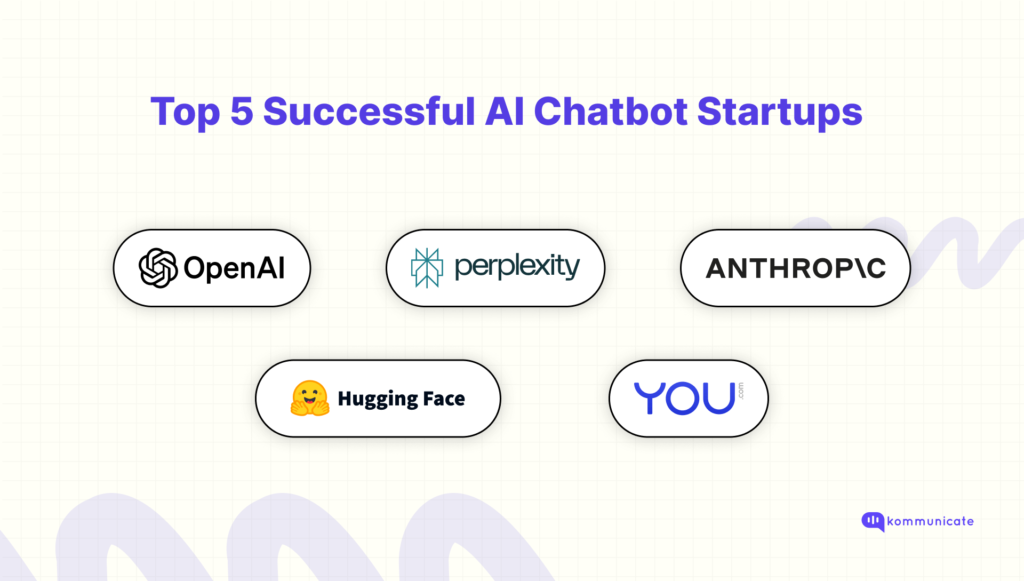
Note that we have not included AI chatbots from Google and Microsoft as they won’t be considered startups.
OpenAI
OpenAI was founded in 2015 as a non-profit organization to develop Artificial General Intelligence (AGI) to benefit all humanity. It was founded by Sam Altman, Greg Brockman, Ilya Sutskever, Elon Musk, Wojciech Zaremba, and John Schulman.
In 2019, OpenAI transitioned from a purely non-profit organization to a dual-entity structure. This restructuring created OpenAI LP, a for-profit subsidiary, while maintaining OpenAI Inc. as the non-profit entity. Even though it had been operating for a long time, it only gained popularity with the launch of its star product – ChatGPT, which is managed by their for-profit entity.
ChatGPT is a generative AI-powered chatbot that can generate responses in the form of text, images, audio, and code. As of June 2024, ChatGPT has approximately 180.5 million monthly active users.
OpenAI’s other products include Whisper – a text-to-speech API; DALL-E – an image generator; and the newly released Sora – video generation with text software. A few of OpenAI’s employees were not happy with the way the company has transitioned from its original mission of AGI from humanity, so they left and created Anthropic.
Supercharge your support team with AI-driven email ticketing – automate, organize, and resolve queries effortlessly!Anthropic
Anthropic is an AI safety and research company founded in 2021 by former OpenAI employees, including siblings – Dario Amodei and Daniela Amodei, among others. The company emerged from OpenAI after concerns over the direction and pace of AI development, leading to establishing a separate entity focused on creating reliable and interpretable AI systems.
Anthropic’s chatbot, Claude, is best known for its ethical AI design, advanced reasoning, and robust integration capabilities. Claude excels in environments prioritizing safety and privacy, making it a preferred choice for businesses with stringent regulatory requirements. It offers features like complex cognitive task performance, multimodal capabilities (including image analysis and real-time multilingual processing), and seamless integration with various platforms and services.
Perplexity
Perplexity, the latest favorite as a Google Search replacement, was founded in 2022 by Aravind Srinivas, a former Research Scientist at OpenAI. Perplexity claims to replace Google Search, which is crowded with sponsored content and acts more as a list provider rather than giving direct answers.
Perplexity AI differs from Google Search in its conversational interface, multimodal capabilities, real-time web search, detailed answers, customizable search, and additional features like code generation and math solutions. It also offers unique organizational and collaborative tools, such as collections and shared threads, which are not found in traditional search engines like Google.
Perplexity AI is an AI-powered search engine that uses large language models (LLMs) to provide comprehensive answers by compiling information from multiple sources, including the web, and offering features like Pro Search and multimodal capabilities. It is designed to be a versatile tool for information discovery and curiosity, allowing users to ask questions, explore topics, and even generate text and images based on their queries.
Hugging Face
Hugging Face, a French-American company founded by Clément Delangue, Julien Chaumond, and Thomas Wolf, specializes in creating computational tools for machine-learning applications. Headquartered in New York City since its inception in 2016, the company has developed the AI-powered chatbot, HuggingChat. This open-source alternative to ChatGPT excels in contextually relevant responses, making it ideal for intricate conversations. With capabilities comparable to ChatGPT, including drafting articles, providing answers, and solving coding challenges, HuggingChat boasts 30 billion parameters and is deemed the finest open-source chat model by its creators.
The company is distinguished by its Transformers library, tailored for natural language processing, and its platform that facilitates sharing of machine learning models and datasets, fostering an expansive open-source community for AI enthusiasts. The Hugging Face Model Hub serves as a central repository, offering over 200,000 pre-trained models across diverse domains such as NLP, computer vision, and audio processing. Users can conveniently browse, download, and customize these models for their specific requirements. Additionally, Hugging Face Spaces empowers users to craft interactive demos and presentations of their models, enabling effortless collaboration and model testing, even for those without a technical background.
You.com
You.com is an AI-driven search engine founded in 2020 by Richard Socher and Bryan McCann. It began as a personalization-focused search engine and evolved to prioritize a chat-first AI assistant. You.com integrates a consumer-facing Large Language Model (LLM) with real-time internet access for up-to-date responses with citations. It offers multimodal AI chat capabilities, including visual elements like stock charts, and features AI Modes for tailored interactions. The platform emphasizes user privacy, never selling personal information or tracking users, and aims to democratize information access and choice.
Challenges Faced by AI Chatbot Startups
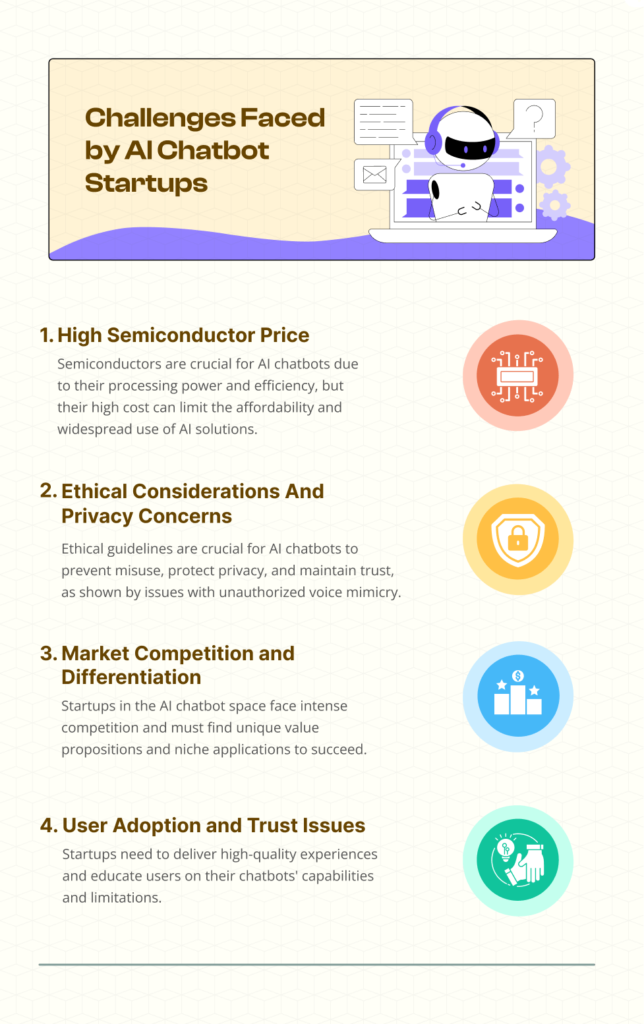
High Semiconductor Price: Semiconductors are essential for AI chatbot startups because they provide the critical processing power, efficiency, and scalability needed to run complex AI algorithms. The growing demand for customer service email automation and AI-driven customer support solutions has further increased reliance on these advanced chips.
These chips enable quick data handling and parallel processing, ensuring responsive and accurate interactions. However, the high cost of advanced semiconductor technology can be a significant barrier, impacting the affordability and widespread adoption of AI solutions. AI-powered chatbots are heavily dependent on these advanced semiconductors to function effectively, making the price and availability of these components a crucial factor in their development and deployment.
Ethical Considerations & Privacy Concerns: Ethical considerations are critical in AI-powered chatbots to prevent misuse and ensure trustworthiness. For example, using OpenAI’s GPT-4 to mimic Scarlett Johansson’s voice without her consent raises significant ethical issues, including privacy violations and potential misuse for malicious purposes. Such actions can lead to a loss of trust in AI technologies, harm individuals’ reputations, and violate intellectual property rights. Ensuring ethical guidelines and practices are followed in AI development and deployment is essential to protect individuals and maintain public trust in these technologies.
Market Competition and Differentiation: With a growing number of players entering the AI chatbot space, startups face intense competition and the challenge of differentiating their offerings. Identifying unique value propositions and niche applications will be crucial for success.
User Adoption and Trust Issues: Building user trust and overcoming skepticism towards conversing with AI systems remains a significant hurdle. Startups must focus on delivering high-quality experiences and educating users on the capabilities and limitations of their chatbots.
The Future of AI Chatbots
The future of AI chatbots is poised for remarkable advancements, driven by continued research and investment in artificial intelligence. Experts predict that chatbots will become increasingly human-like, capable of understanding and responding to complex emotions, maintaining long-term memory, and engaging in multi-modal conversations involving text, audio, and visual inputs.
AI chatbots are expected to find applications in a wide range of industries, from personalized healthcare assistants to intelligent tutoring systems for education, including educational chatbots that can offer students tailored learning experiences and immediate feedback. They will play a pivotal role in enhancing customer experiences through AI in customer service, providing instantaneous support and personalized recommendations across various platforms and channels.
However, as AI chatbots become more ubiquitous, ethical considerations around privacy, transparency, and the potential impact on human employment will need to be carefully navigated. Striking the right balance between leveraging the benefits of AI while ensuring responsible and fair practices will be crucial.
How to Start Your Own AI Chatbot Startup
For aspiring entrepreneurs interested in entering the AI chatbot space, several key steps are recommended:
- Identify a Niche Market: Conduct thorough market research to identify specific industries, use cases, or pain points where AI chatbots can provide unique solutions and create significant value.
- Build a Strong Technical Team: Assemble a team with expertise in natural language processing (NLP), machine learning (ML), software development, and user experience design. Collaborating with AI researchers and experts can also provide a competitive edge.
- Secure Funding and Investment: Develop a compelling business plan and seek investment from venture capitalists, angel investors, or government grants. Funding will be essential for building and scaling your AI chatbot solution.
- Develop a Minimum Viable Product (MVP): Get started with an MVP that addresses a specific problem or use case. Gather user feedback, iterate, and continuously improve your chatbot’s capabilities based on real-world data and user interactions.
Navigating the competitive AI chatbot landscape will require a combination of innovative thinking, technical prowess, and a deep understanding of user needs. Connecting with industry networks, participating in hackathons and accelerator programs, and staying up-to-date with the latest research and trends can provide valuable insights and opportunities.
Conclusion
The rise of AI chatbot startups is a testament to artificial intelligence’s transformative power in revolutionizing customer service and human-machine interactions. As these intelligent virtual assistants continue to evolve, they hold the potential to reshape industries, streamline operations, and redefine the way we communicate and engage with technology.
Despite existing challenges, the future of AI chatbots is filled with potential. These conversational AI systems, ranging from personalized healthcare companions to intelligent tutoring systems, are set to revolutionize various aspects of our lives, providing convenience, efficiency, and customized experiences.
For aspiring entrepreneurs and innovators in the AI chatbot arena, the opportunities are immense. By identifying niche use cases, promoting responsible AI practices, and staying ahead of technological advancements, AI chatbot startups can lead the way.
As we enter the age of conversational AI, let’s honor the trailblazing AI chatbot startups and their unwavering drive for innovation, crafting a future where effortless human-machine interactions are standard, and technology continually adapts to our changing needs.

As a seasoned technologist, Adarsh brings over 14+ years of experience in software development, artificial intelligence, and machine learning to his role. His expertise in building scalable and robust tech solutions has been instrumental in the company’s growth and success.

